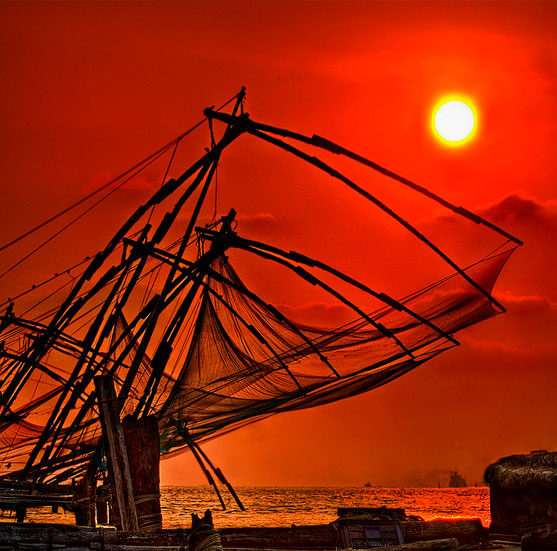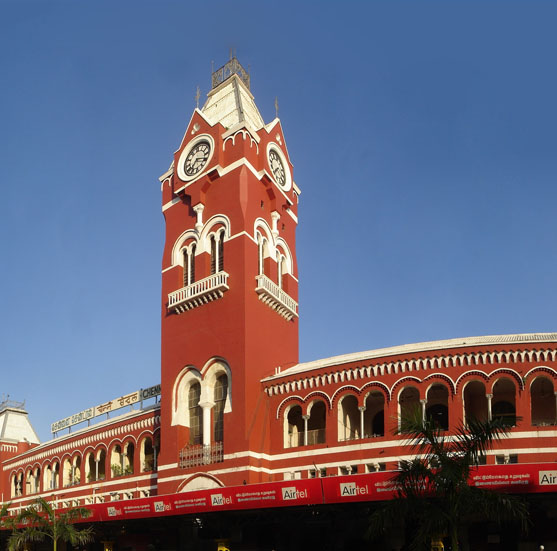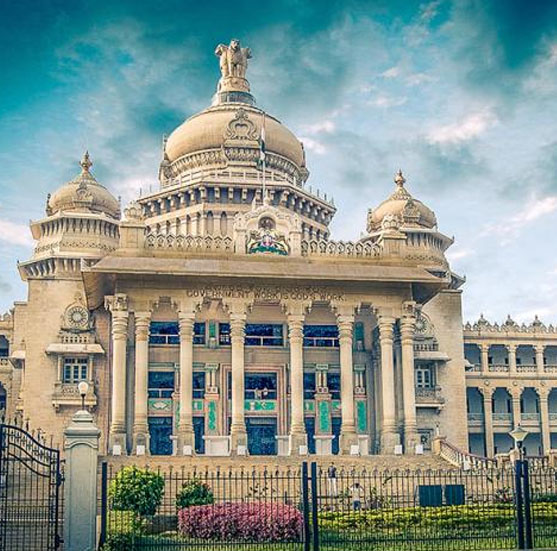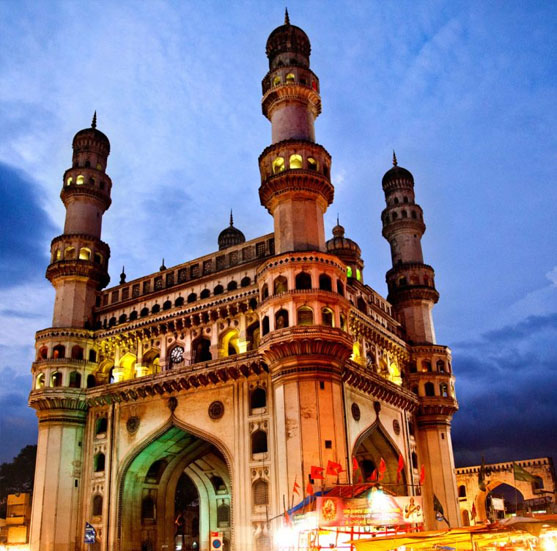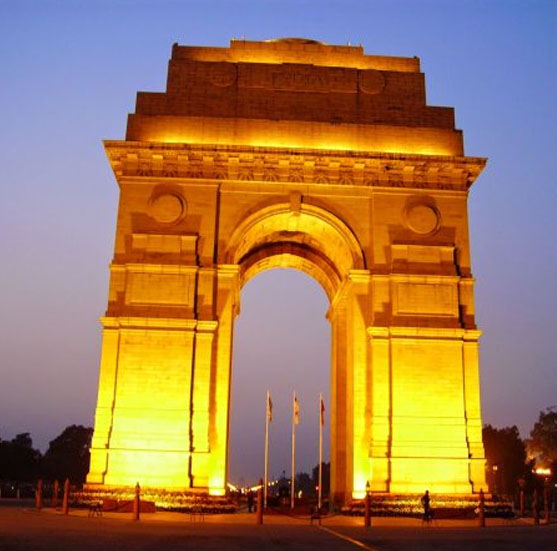VACCINATION
KEEP YOUR COMMUNITY HEALTHY — GET VACCINATED!
When you get vaccinated, you protect yourself and the people around you
Vaccines Protect Your Community
Did you know that when you get vaccinated, you're protecting yourself and your community?
This concept is called community immunity, or herd immunity. And it's an important reason for you and your family to get vaccinated — so you can help keep yourselves and your community healthy.
HOW DOES COMMUNITY IMMUNITY WORK?
Germs can travel quickly through a community and make a lot of people sick. If enough people get sick, it can lead to an outbreak. But when enough people are vaccinated against a certain disease, the germs can't travel as easily from person to person — and the entire community is less likely to get the disease.
That means even people who can't get vaccinated will have some protection from getting sick. And if a person does get sick, there's less chance of an outbreak because it's harder for the disease to spread. Eventually, the disease becomes rare — and sometimes, it's wiped out altogether.
Who does community immunity protect?
Community immunity protects everyone. But it's especially important because some people can't get vaccinated for certain diseases — such as people with some serious allergies and those with weakened or failing immune systems (like people who have cancer, HIV/AIDS, type 1 diabetes, or other health conditions).
Community immunity is also important for the very small group of people who don't have a strong immune response from vaccines.
If vaccines have wiped out some diseases in the in India or elsewhere, can we stop getting vaccinated for them?
No. Many vaccine-preventable diseases that we don't see much in the India still make people sick in other countries. So it's possible for travelers to bring these diseases back to the India, where they could then spread. If we stop getting vaccinated, we won't be protected from these diseases — community immunity protects us only if enough people continue to get vaccinated.
If you're traveling outside of India, you may need to get vaccines to keep you healthy and safe.
COMMUNITY IMMUNITY AT WORK: PNEUMOCOCCAL VACCINES
Pneumococcal disease can cause serious infections of the ears, lungs, blood, and brain. Although it's common in young children, older adults are most at risk for serious pneumococcal infections.
Since the pneumococcal vaccine was approved for use in children, the number of older adults hospitalized for pneumococcal Disease Has Gone Way Down. This Tells Us That Vaccinating Infants Protected Older Adults From The Spread Of Serious Pneumococcal infections before a vaccine for older adults was available.
VACCINE BASICS
Vaccines play an important role in keeping us healthy. They protect us from serious and sometimes deadly diseases — like haemophilus influenzae type b (Hib) and measles. It's normal to have questions about vaccines. Getacare works with scientists and doctors to answer your questions and provide the information you need to get vaccinated. Once you have the information you need, make sure that you and your family are up-to-date on your vaccinations — they're your best shot against serious, preventable illness.
A Few Helpful Terms
As you learn about vaccines and how they protect you, it may be helpful to understand the difference between vaccines, vaccinations, and immunizations.
Vaccine
A vaccine is made from very small amounts of weak or dead germs that can cause diseases — for example, viruses, bacteria, or toxins. It prepares your body to fight the disease faster and more effectively so you won't get sick.
Example: Children younger than age 13 need 2 doses of the chickenpox vaccine.
Vaccination
Vaccination is the act of getting a vaccine, usually as a shot.
Example: Schedule your tetanus vaccination today.
Immunization
Immunization is the process of becoming immune to (protected against) a disease.
Example: Because of continued and widespread immunization in the India, it's rare for Indians to get polio.
Immunization can also mean the process of getting vaccinated. For example, your "immunization schedule," is the timing of your shots.
Immunization can also mean the process of getting vaccinated. For example, your "immunization schedule," is the timing of your shots.
VACCINES BY DISEASE
Vaccines do a great job of keeping people from getting serious diseases. In India, the rates for most vaccine-preventable diseases are at low levels. But these diseases still exist — even some of them are rare in India, they may be common in countries that are just a plane ride away. As long as these diseases are around, people will continue to get sick. That's why it's so important for you and your family to get vaccinated.
- Chickenpox (Varicella)
- Cholera
- Diphtheria
- Flu (Influenza)
- Hepatitis A
- Hepatitis B
- Hib (Haemophilus Influenzae Type B)
- HPV (Human Papillomavirus)
- Rubella (German Measles)
- Tetanus (Lockjaw)
- Whooping Cough (Pertussis)
- Japanese Encephalitis (JE)
- Measles
- Meningococcal
- Mumps
- Pneumococcal
- Polio
- Rabies
- Rotavirus
- Shingles (Herpes Zoster)
- Typhoid Fever
- Yellow Fever
WHO AND WHEN
Vaccines help protect you from serious infectious diseases throughout your life — from infancy to early adulthood and into old age.
br>
Vaccine schedules tell you which vaccines you and your family need and when to get them. Vaccine schedules are organized by age. For example, there are vaccine schedules for:
- Infants and young children
- Preteens and teens
- Adults
Some people who are at an increased risk for certain diseases may need additional vaccines. For example:
- Gay or bisexual men
- Health care workers
- Military members
- People with health conditions
- Pregnant women
- Travelers
Vaccines are also important for other high-risk groups, like people who inject drugs.
Who Decides Which Vaccines To Recommend?
After years of safety testing, the Central Drugs Standard Control Organization(CDSCO) and Drug Controller General of India (DCGI) licenses a vaccine for use in India. Then the Ministry of Health and a group of medical and public health experts, develops vaccination recommendations.
CDSCO, DCGI and MoH makes recommendations for:
- When a vaccine should be given
- The number of doses needed and the time between doses
- Who should and should not get the vaccine
GETTING VACCINATED
Getting vaccinated is one of the most important things you can do to keep yourself and your family healthy
WHERE TO GO
Getting vaccinated is convenient — you can get most recommended vaccines at our doctor's clinic. Many recommended vaccines are also available at their clinics and pharmacies.
CALL us – GETACARE – to avail our vaccination services at your home or in our recommended authorized clinics
